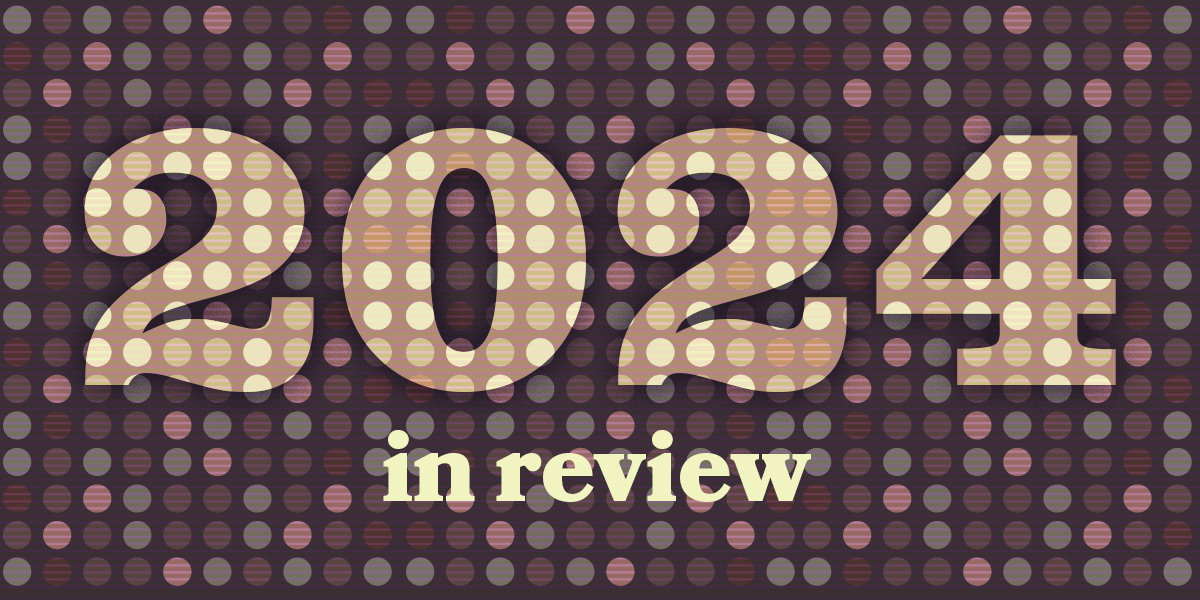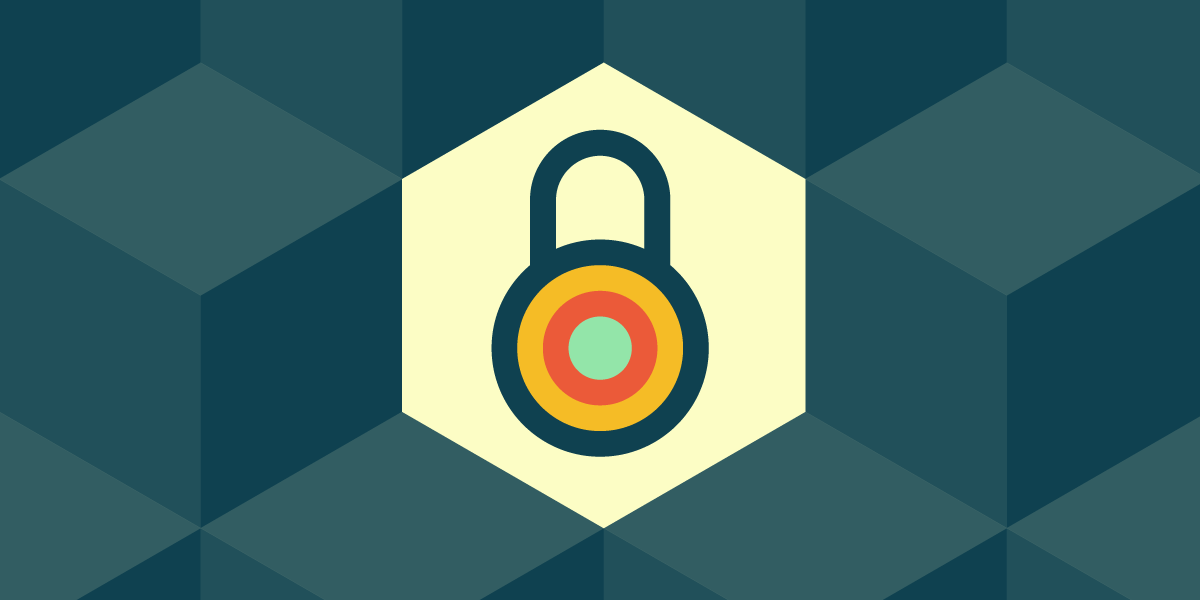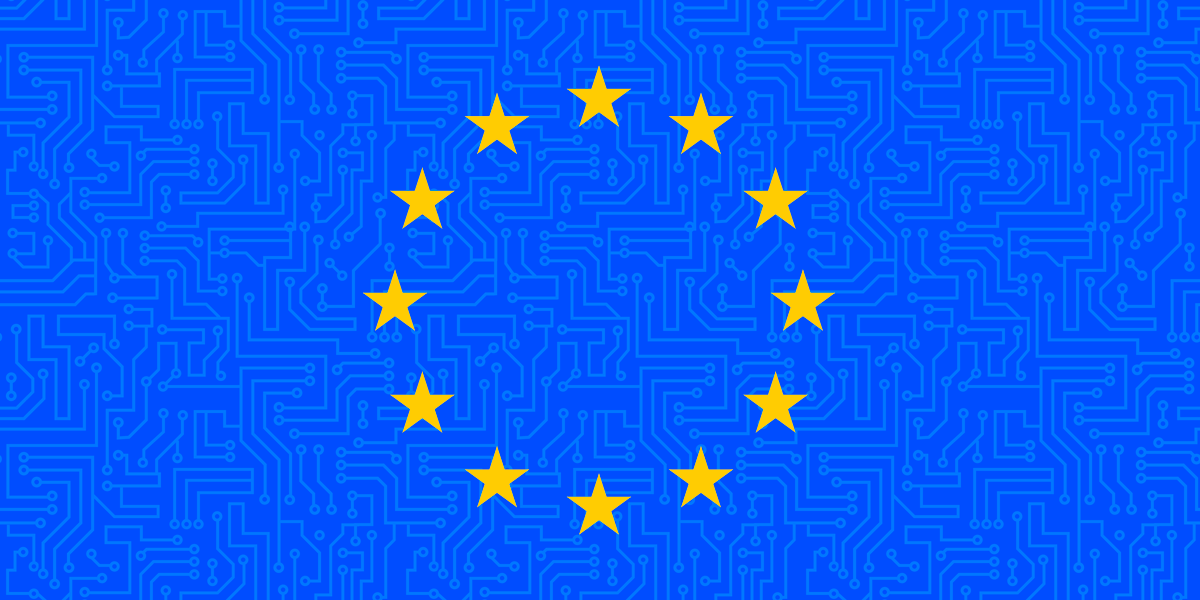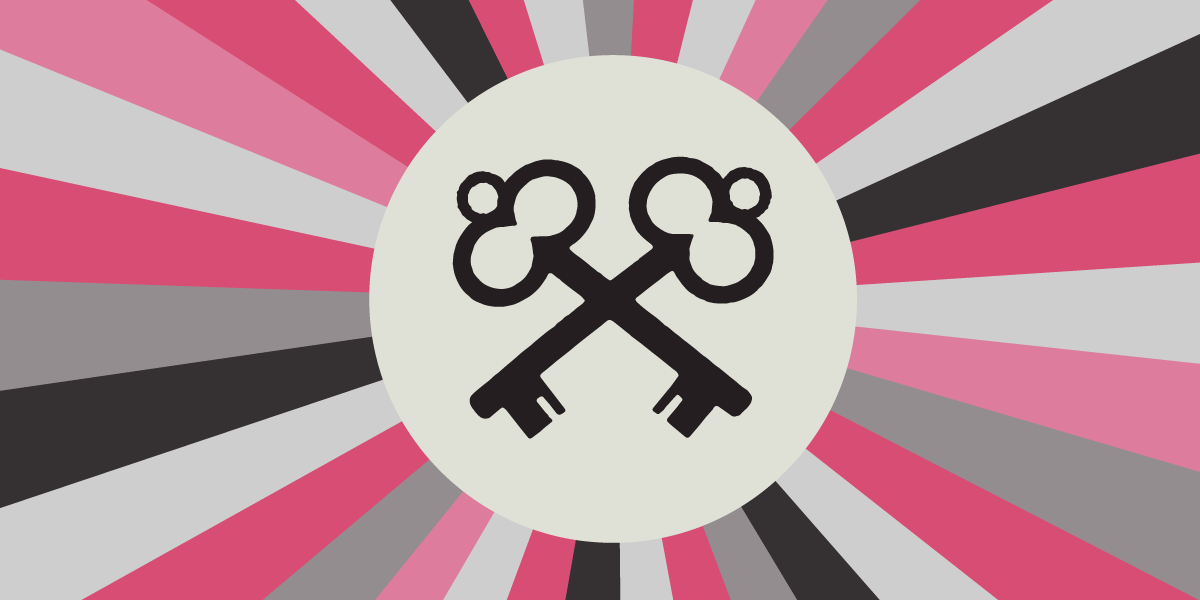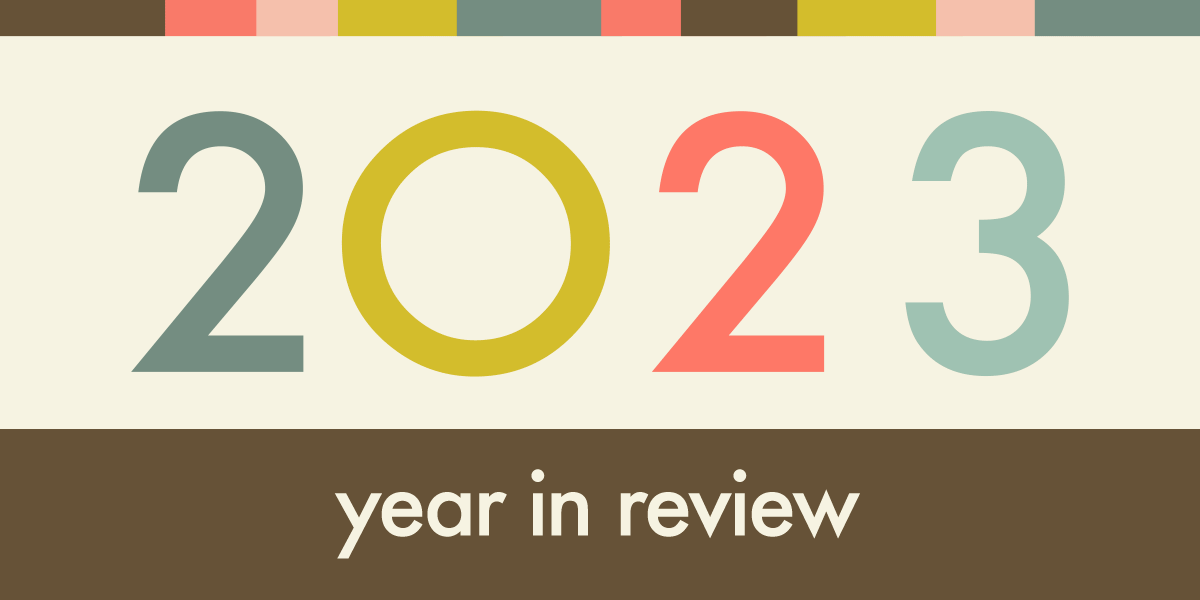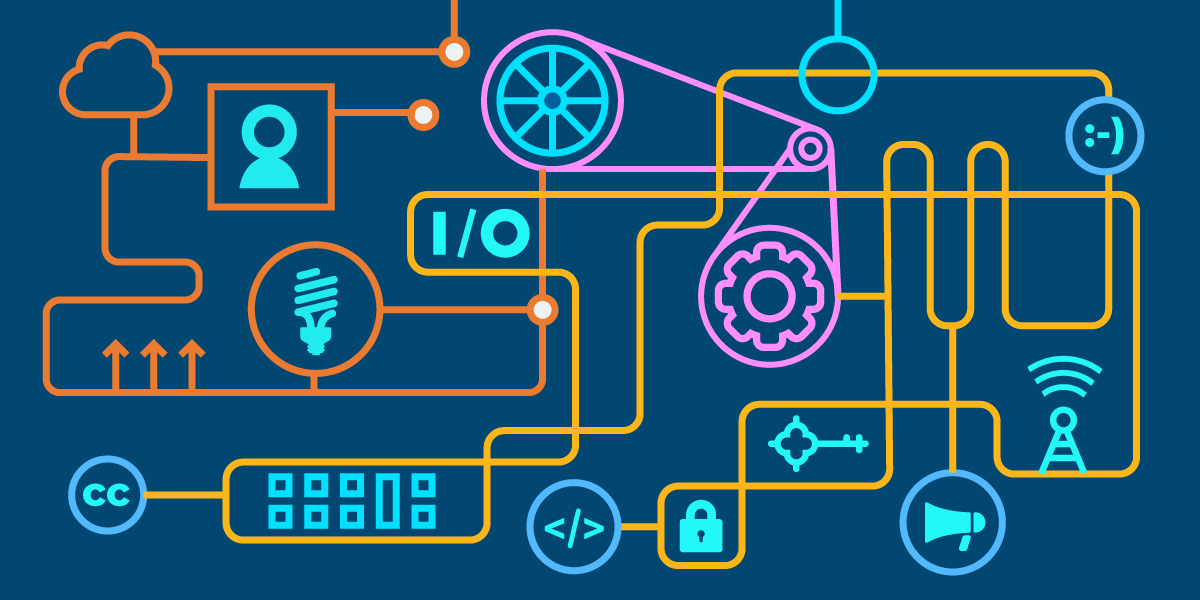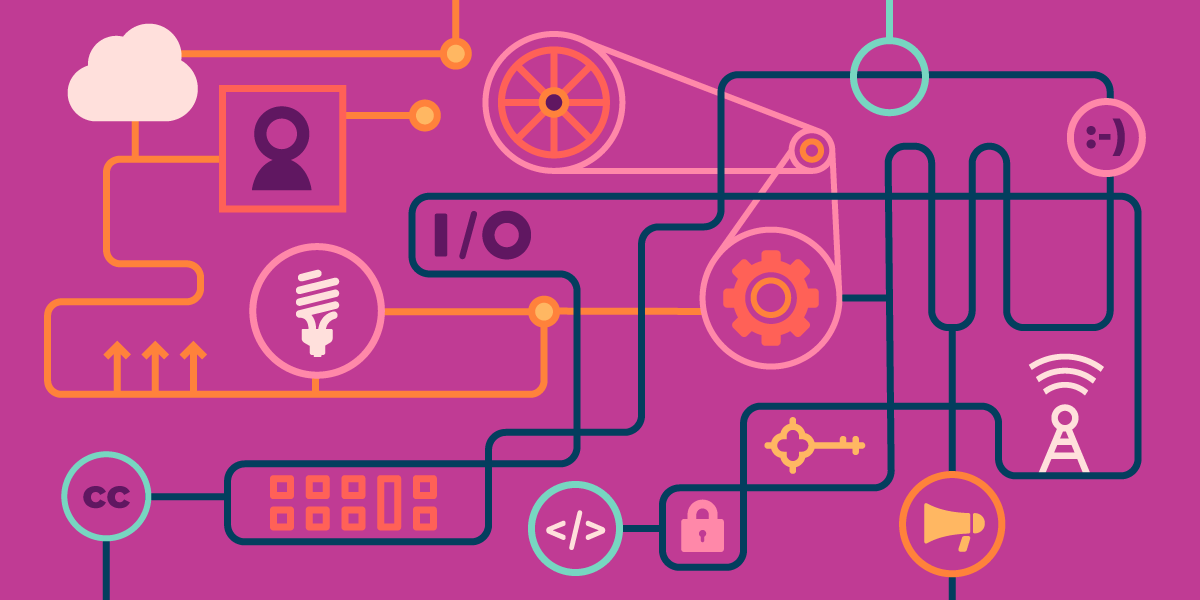EU Tech Regulation—Good Intentions, Unclear Consequences: 2024 in Review
For a decade, the EU has served as the regulatory frontrunner for online services and new technology. Over the past two EU mandates (terms), the EU Commission brought down many regulations covering all sectors, but Big Tech has been the center of their focus. As the EU seeks to regulate the world’s largest tech companies, the world is taking notice, and debates about the landmark Digital Markets Act (DMA) and Digital Services Act (DSA) have spread far beyond Europe.
The DSA’s focus is the governance of online content. It requires increased transparency in content moderation while holding platforms accountable for their role in disseminating illegal content.
For “very large online platforms” (VLOPs), the DSA imposes a complex challenge: addressing “systemic risks” – those arising from their platforms’ underlying design and rules - as well as from how these services are used by the public. Measures to address these risks often pull in opposite directions. VLOPs must tackle illegal content and address public security concerns; while simultaneously upholding fundamental rights, such as freedom of expression; while also considering impacts on electoral processes and more nebulous issues like “civic discourse.” Striking this balance is no mean feat, and the role of regulators and civil society in guiding and monitoring this process remains unclear.
As you can see, the DSA is trying to walk a fine line: addressing safety concerns and the priorities of the market. The DSA imposes uniform rules on platforms that are meant to ensure fairness for individual users, but without so proscribing the platforms’ operations that they can’t innovate and thrive.
The DMA, on the other hand, concerns itself entirely with the macro level – not on the rights of users, but on the obligations of, and restrictions on, the largest, most dominant platforms.
The DMA concerns itself with a group of “gatekeeper” platforms that control other businesses’ access to digital markets. For these gatekeepers, the DMA imposes a set of rules that are supposed to ensure “contestability” (that is, making sure that upstarts can contest gatekeepers’ control and maybe overthrow their power) and “fairness” for digital businesses.
Together, the DSA and DMA promise a safer, fairer, and more open digital ecosystem.
As 2024 comes to a close, important questions remain: How effectively have these laws been enforced? Have they delivered actual benefits to users?
Fairness Regulation: Ambition and High-Stakes Clashes
There’s a lot to like in the DMA’s rules on fairness, privacy and choice...if you’re a technology user. If you’re a tech monopolist, those rules are a nightmare come true.
Predictably, the DMA was inaugurated with a no-holds-barred dirty fight between the biggest US tech giants and European enforcers.
Take commercial surveillance giant Meta: the company’s mission is to relentlessly gather, analyze and abuse your personal information, without your consent or even your knowledge. In 2016, the EU passed its landmark privacy law, called the General Data Protection Regulation. The GDPR was clearly intended to halt Facebook’s romp through the most sensitive personal information of every European.
In response, Facebook simply pretended the GDPR didn’t say what it clearly said, and went on merrily collecting Europeans’ information without their consent. Facebook’s defense for this is that they were contractually obliged to collect this information, because their terms and conditions represented a promise to users to show them surveillance ads, and if they didn’t gather all that information, they’d be breaking that promise.
The DMA strengthens the GDPR by clarifying the blindingly obvious point that a privacy law exists to protect your privacy. That means that Meta’s services – Facebook, Instagram, Threads, and its “metaverse” (snicker) - are no longer allowed to plunder your private information. They must get your consent.
In response, Meta announced that it would create a new paid tier for people who don’t want to be spied on, and thus anyone who continues to use the service without paying for it is “consenting” to be spied on. The DMA explicitly bans these “Pay or OK” arrangements, but then, the GDPR banned Meta’s spying, too. Zuckerberg and his executives are clearly expecting that they can run the same playbook again.
Apple, too, is daring the EU to make good on its threats. Ordered to open up its iOS devices (iPhones, iPads and other mobile devices) to third-party app stores, the company cooked up a Kafkaesque maze of junk fees, punitive contractual clauses, and unworkable conditions and declared itself to be in compliance with the DMA.
For all its intransigence, Apple is getting off extremely light. In an absurd turn of events, Apple’s iMessage system was exempted from the DMA’s interoperability requirements (which would have forced Apple to allow other messaging systems to connect to iMessage and vice-versa). The EU Commission decided that Apple’s iMessage – a dominant platform that the company CEO openly boasts about as a source of lock-in – was not a “gatekeeper platform.”
Platform regulation: A delicate balance
For regulators and the public the growing power of online platforms has sparked concerns: how can we address harmful content, while also protecting platforms from being pushed to over-censor, so that freedom of expression isn’t on the firing line?
EFF has advocated for fundamental principles like “transparency,” “openness,” and “technological self-determination.” In our European work, we always emphasize that new legislation should preserve, not undermine, the protections that have served the internet well. Keep what works, fix what is broken.
In the DSA, the EU got it right, with a focus on platforms’ processes rather than on speech control. The DSA has rules for reporting problematic content, structuring terms of use, and responding to erroneous content removals. That’s the right way to do platform governance!
But that doesn’t mean we’re not worried about the DSA’s new obligations for tackling illegal content and systemic risks, broad goals that could easily lead to enforcement overreach and censorship.
In 2024, our fears were realized, when the DSA’s ambiguity as to how systemic risks should be mitigated created a new, politicized enforcement problem. Then-Commissioner Theirry Breton sent a letter to Twitter, saying that under the DSA, the platform had an obligation to remove content related to far-right xenophobic riots in the UK, and about an upcoming meeting between Donald Trump and Elon Musk. This letter sparked widespread concern that the DSA was a tool to allow bureaucrats to decide which political speech could and could not take place online. Breton’s letter sidestepped key safeguards in the DSA: the Commissioner ignored the question of “systemic risks” and instead focused on individual pieces of content, and then blurred the DSA’s critical line between "illegal” and “harmful”; Breton’s letter also ignored the territorial limits of the DSA, demanding content takedowns that reached outside the EU.
Make no mistake: online election disinformation and misinformation can have serious real-world consequences, both in the U.S. and globally. This is why EFF supported the EU Commission’s initiative to gather input on measures platforms should take to mitigate risks linked to disinformation and electoral processes. Together with ARTICLE 19, we submitted comments to the EU Commission on future guidelines for platforms. In our response, we recommend that the guidelines prioritize best practices, instead of policing speech. Additionally, we recommended that DSA risk assessment and mitigation compliance evaluations prioritize ensuring respect for fundamental rights.
The typical way many platforms address organized or harmful disinformation is by removing content that violates community guidelines, a measure trusted by millions of EU users. But contrary to concerns raised by EFF and other civil society groups, a new law in the EU, the EU Media Freedom Act, enforces a 24-hour content moderation exemption for media, effectively making platforms host content by force. While EFF successfully pushed for crucial changes and stronger protections, we remain concerned about the real-world challenges of enforcement.
This article is part of our Year in Review series. Read other articles about the fight for digital rights in 2024.
